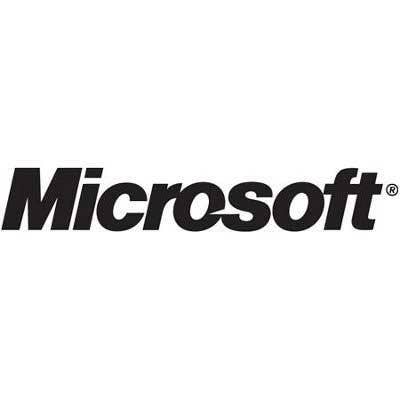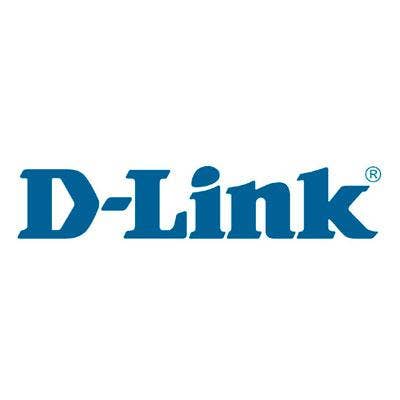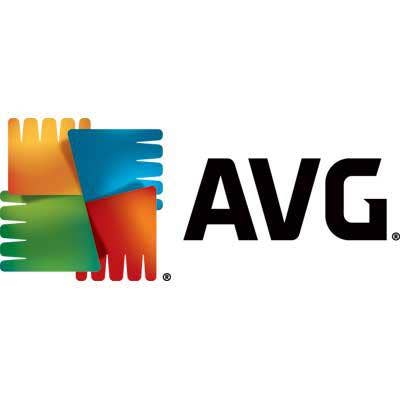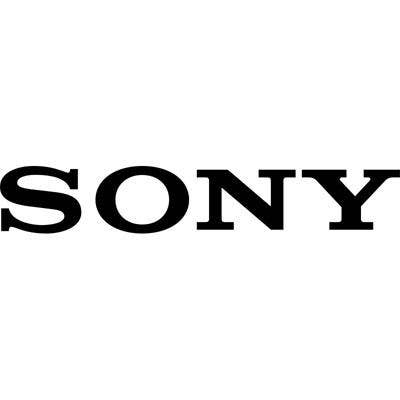Five Companies That Dropped The Ball This Week

Microsoft Readies The Ax
Few companies are as concerned about image as Microsoft, so it's curious why the software giant would slash jobs across its central marketing organization. Microsoft confirmed earlier this week it would cut some jobs specific to that organization, and at the same time turn over more marketing responsibility to individual product units.
It isn't confirming numbers, but several reports put the count at around 200 -- a fraction of Microsoft's 90,000-strong employee base and 25,000-or-so sales and marketing roster, but nothing to sniff at, either. Maybe Microsoft could tell us a bit more about why decentralizing the marketing function -- and building up more marketing power in what appear to be silos -- will be better for presenting the company's image in a uniform, wholly understood way.

D-Link On The D-Fensive
What in the world is going on at D-Link? Most of the key architects of its current go-to-market strategy for North America have left the company, from former North America President Nick Tidd on down, and rumors of more executive exits simply refuse to go away.
D-Link has played admirable defense against the negative buzz, coming out firmly against the idea that its channel program will change in any meaningful way following all those departures and saying that it may, in fact, prosper, with a round of new enhancements to its Value In Partnership (VIP) program unveiled just this week. But many of D-Link's VARs think they've seen this movie before -- management shakeup, strategic shift, channel dissolution -- and it'll take actions, not words, for D-Link to convince them everything's stable.

AVG Faceplants In Public Debut
Poor AVG. The PC and mobile antivirus software purveyor IPO'd this week, and not only did it pick one week out of the year where all but one piece of IPO news would be relatively ignored, its shares also dive-bombed in their first day of trading. AVG debuted Thursday, and its shares had soon plunged about 18 percent, trading at one point at $13.36. That's rather short of the $16-per-share selling price they'd launched at -- a number already at the bottom of AVG's expected $16 -to $18-a-share range. Hope for a better tomorrow, AVG.

Sony: More Pain Than We Thought
Taking aim at Sony these days feels like shooting fish in a barrel.
But Sony Thursday told investors it had a fiscal third-quarter loss of more than $2.09 billion, and that the sun wouldn't come out for many more tomorrows hence, forecasting a full-year loss of about $2.88 billion (about 220 billion Japanese yen) -- a much steeper drop-off than the roughly $1.18 billion (about 90 billion Japanese yen) full-year loss it had pegged in November. All of those billions have to be weighing on Kazuo Hirai, Sony's PlayStation video games ace and as of April, Sony's new CEO. No pressure, right?

VeriSign: Yeah, We Got Hacked
Things are about to get ugly for VeriSign.
The company said it was successfully hacked several times in 2010 -- a disclosure that was made public in an SEC filing last fall but did not receive much attention until this week, when Reuters published a story on new guidelines for public companies reporting breach risks to the government. VeriSign at press time was still fairly vague about the details of the hacking, apart from saying its executives "do not believe these attacks breached the servers that support our Domain Name System network" -- the system that ensures Web surfers hit the right IP address when they enter a particular URL.
Still, when a company uses SEC filing language like this -- "Although the Company is unaware of any situation in which possibly exfiltrated information has been used, we are unable to assure that such information was not or could not be used in the future" -- it's a "gulp" moment. According to Reuters, VeriSign declined multiple interview requests, suggesting it's got a lot it doesn't feel like chatting about.